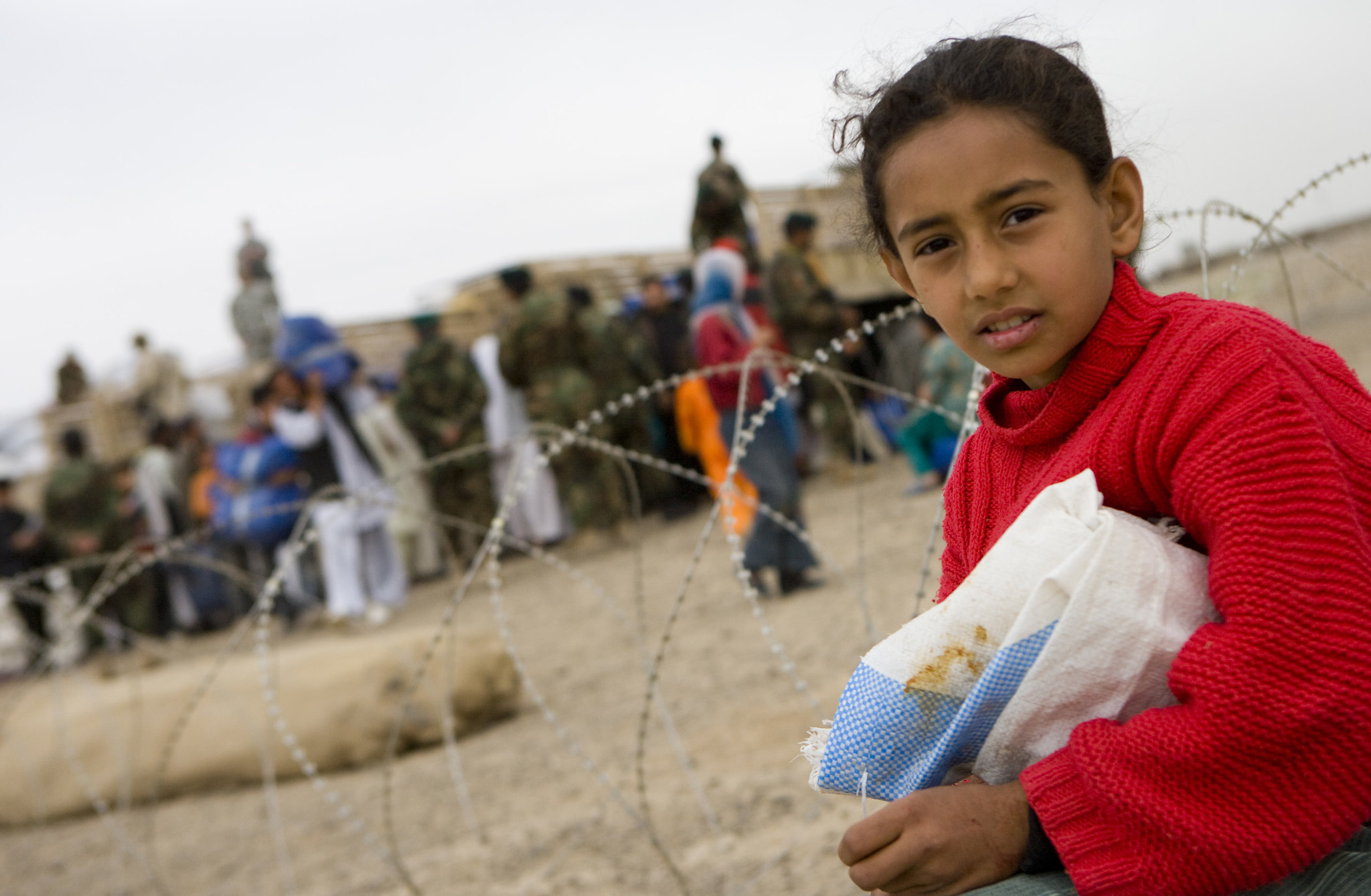Counter-terrorism measures address broad forms of support to terrorist acts. Their expansion, internationally and domestically, has given rise to new points of friction with international humanitarian law. Unless the measures include adequate safeguards, they can impede humanitarian action. Country-specific sanctions imposed for other objectives, such as ending conflicts or protecting civilians, raise similar challenges for humanitarian action.
These problems are not new, but solutions at the international and national levels remain elusive.
At this panel event, which marks the launch of a new research paper for Chatham House by ELAC Senior Research Fellow Emanuela-Chiara Gillard, panellists explore current endeavours to address the tensions between counter-terrorism measures, sanctions and humanitarian action.
- What are the current dynamics and developments at the Security Council level?
- What are the opportunities now that the UK is developing its independent sanctions strategy?
- What challenges do counter-terrorism requirements in funding agreements for humanitarian action pose?
- What is necessary to make progress?

